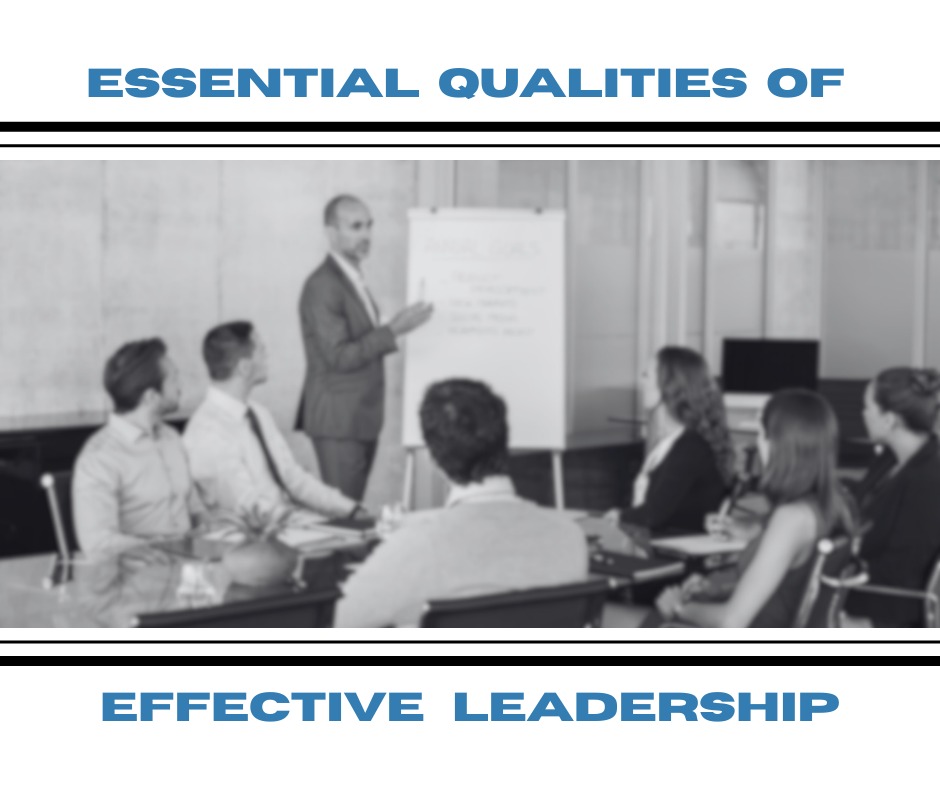
Effective leadership is one of the most crucial factors driving organizational success. While many people aspire to be leaders, not everyone embodies the qualities that can truly inspire and motivate a team. Today, leadership is about more than just giving directions; it involves guiding, supporting, and empowering others to realize their potential. Through leadership programs, individuals can learn and cultivate the skills needed to lead effectively, helping organizations grow and evolve.
Essential qualities of a good leader that are integral for those looking to make a lasting impact
Vision and Strategic Thinking
Emotional Intelligence
Communication Skills
Adaptability and Resilience
Decision-Making Ability
Accountability and Integrity
Empathy and Compassion
Motivation and Empowerment
Commitment to Learning and Development
Focus on Results and Accountability
Investing in Leadership Programs
Incorporating leadership programs into an organization can provide invaluable support for current and aspiring leaders. These programs help individuals understand the essential qualities of a good leader and provide practical strategies for enhancing their leadership skills. Through hands-on training, simulations, and mentorship, leadership programs equip leaders with the tools they need to inspire, guide, and empower their teams effectively.
Whether it’s building emotional intelligence, refining communication skills, or developing resilience, a strong leadership foundation can drive positive organizational outcomes. The qualities of a good leader are fundamental to creating a work environment that supports growth, collaboration, and success.
Organizations that invest in leadership development are making an investment in their future, fostering leaders who are equipped to tackle challenges and seize opportunities with confidence. Through targeted leadership programs, companies can ensure that they are cultivating leaders who are not only skilled but also compassionate, ethical, and driven—qualities that are essential for leading teams and organizations toward a brighter future.

